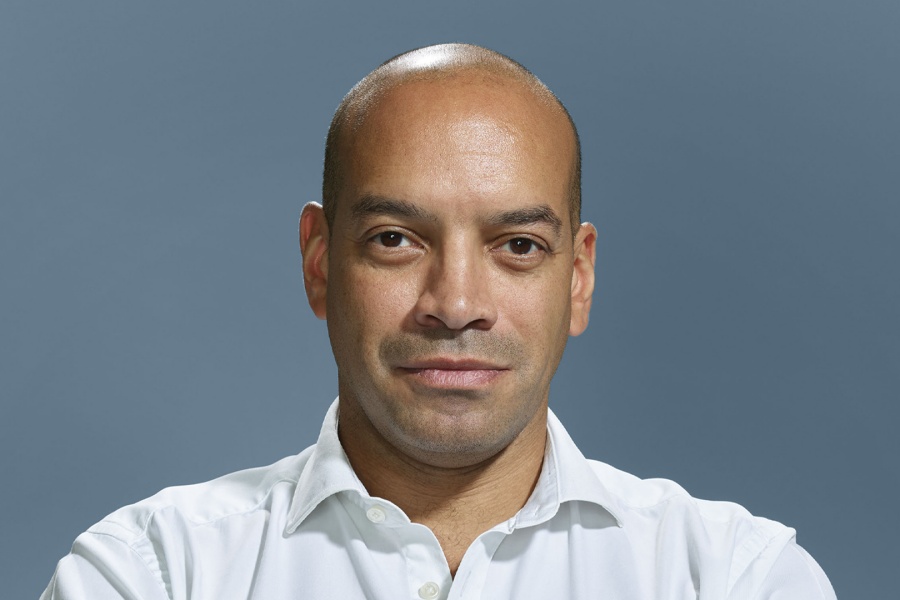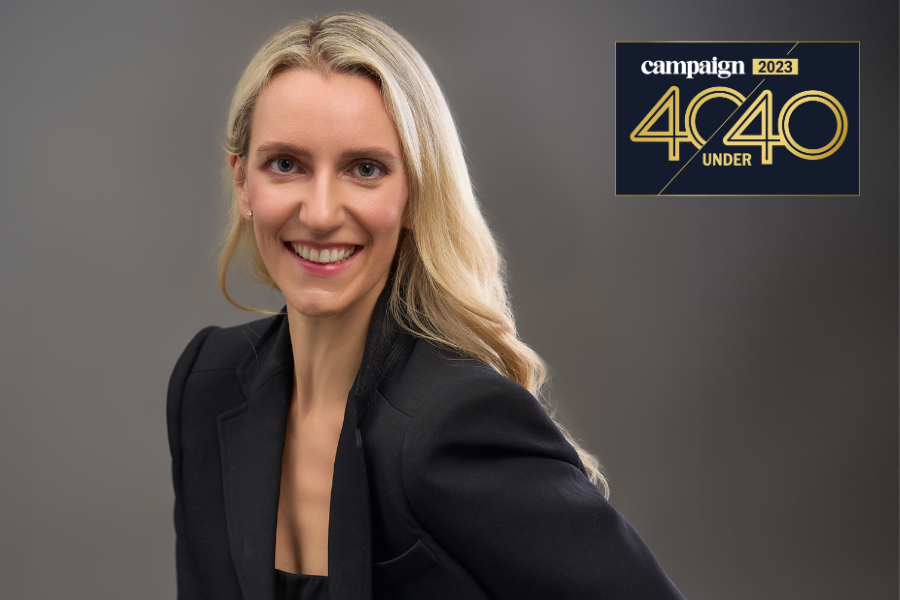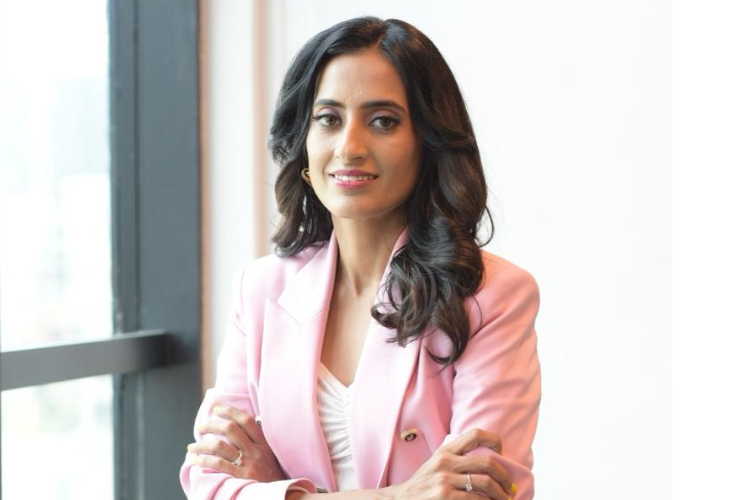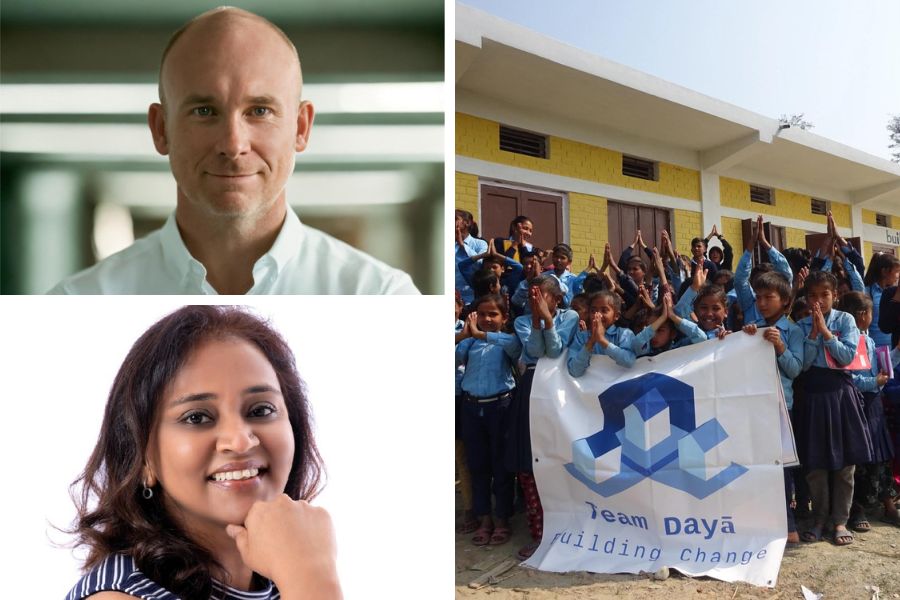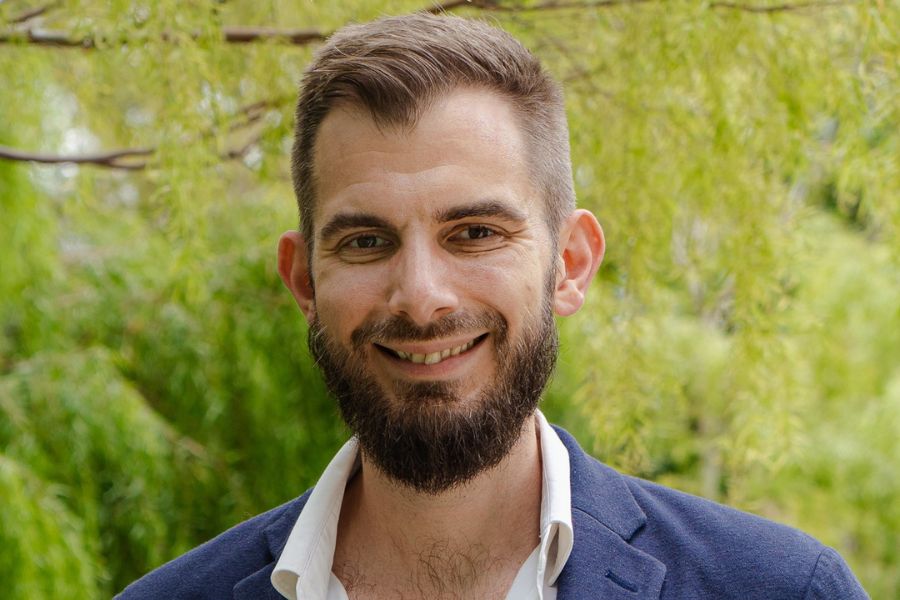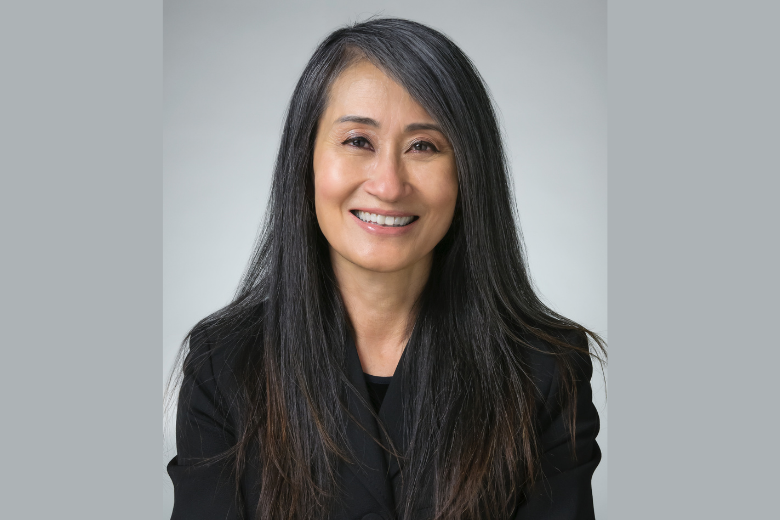Earlier this month, independent creative agency VCCP launched a new study out of Singapore entitled ‘Winning in the Rebound’. The research looked at behavioural shifts among post-pandemic consumers, uncovering new cohort groups and a new type of purchase pragmatism that allowed more flexibility and spontaneous buying, even with a new recession looming.
With plans for this new ‘living study’ to be refreshed and incorporated into clients’ planning processes, according to its author and strategy head Belynda Sim, the agency sought to find an avenue for clients to respond differently to economic shifts than standard consumer demographics normally allow. Brand strategies might not change, but the insights would open doors for more meaningful activities on top of brand messaging than just sales promotions.
“It’s trying to find a rich seam of understanding your audience a little bit better and quicker than the competition,” VCCP international CEO Julian Douglas explained to Campaign before suggesting it could serve as a metaphor for the entire agency network. He explained that clients want agency talent that takes a unique approach, asks difficult questions, pokes and prods brand offerings, finds new opportunities and can act quickly.
“’Winning in the Rebound’ really is VCCP’s story because challenging times need a challenger mindset and we're the challenger agency,” he said. “We do well in recessions, because clients want better, nimbler more effective alternative options.”
Creating a ‘minimum viable network’
But if VCCP is to really win in the rebound, it will need to get bigger. He sums up the history of VCCP’s 20-year history in three acts, with the first being its foundation in the UK, the second being its expansion internationally to seven other offices worldwide, and the third being his current plans to scale the network to handle more work for global clients.
With new challenger entrants coming into the market all the time, VCCP competes with boutique firms, tech consultancies and holding companies alike. Agency competition as tough as Douglas says he’s ever seen. To keep and expand their work with global clients like Shell, Google, Mondelez, PepsiCo, Reckitt and others, Douglas says they need to oblige clients who like their work by scaling it quickly on request.
At the same time, the agency and its 1400+ global employees don’t want to grow too quickly and lose their culture, the same dilemma we’ve heard about from other independent and challenger networks.
"Part of our secret sauce is being what I call the ‘minimum viable network’—the smallest size you can be to deliver high quality at speed and at scale."
—Julian Douglas
With a decade of experience in working at holding companies in the UK, Douglas says many of the biggest agency networks are spending too much time “sorting themselves out”, by buying, rebranding and incessantly merging agencies and practices. In contrast, VCCP has had slower, but largely "intentional organic growth” supplemented with acquisitions, Douglas argues, allowing them to put more energy into clients’ businesses than their own.
Small boutique firms, however, can’t really play at scale. So to grow at the speed they want with the opportunities they have, Douglas admits they will need both to make some acquisitions and to bulk up in key regions by hiring more talent.
Scaling in Asia
One of these key regions is in the US, where Douglas has recently been spending a lot of time and energy on growing the business, particularly in New York. His other area of focus is Asia, where more long-term consumer growth is eventually going to come from, with China and India being natural destinations for scale.
While Covid restrictions and geopolitics have many businesses wary of expanding in China, VCCP sees it as a necessary ‘rebound’ destination. After opening a sizeable office in Singapore in late 2018, Shanghai was intended to follow soon after. Douglas spent many months in China in 2019 and the Shanghai office was set up and ready to grow when Covid hit.
“The handbrake was pulled literally overnight.” Douglas says. “As soon as we can, we’ll be back in.” VCCP’s office in Shanghai, in fact, has remained open since that time with just a couple of local employees including account director Penny Fang. It has also won business with Chinese brands like Hisense and Oppo that VCCP works with in other markets.
“Our plan had been to grow more quickly there than in Singapore, but was effectively paused while we get through this,” Douglas says. “You’ve got to be in China. It’s not only for the size of the market, but it makes us a better agency everywhere else. You just learn so much... in social commerce it’s like an R&D lab for the world. We’re a challenger agency, we need to be present. As it reopens I imagine we’ll see a flood of activity in China. You want to be part of that.”
The other giant Asia market where VCCP intends to grow for similar reasons is India. VCCP has a presence there, not through an agency office of its own, but via its data and digital production company, StratAgile. The Singapore-based Chime Communications-owned company is part of VCCP with more than 200 staff and 10 APAC offices including three in South Asia (Bangalore, Kochi, Dhaka). Still in the early days of collaboration, the companies work together on CRM and digital back end production with global clients like Canon and Telefonica.
As India becomes more of a strategic growth play, Douglas expects to eventually grow there through hiring and acquisitions. While it’s premature to talk of a robust regional network just yet, the agency, which still very much likes to act as one globally, will need to contemplate having EMEA, North American and APAC divisions like others, Douglas says.
The talent sweet spot
Will a global network contain centers of excellence? While Douglas favours some specialist hubs, he says each region needs to self-sufficiently win on its own and have core competencies in data, strategy and creative delivery.
Here, the issue runs full circle, back to the question of keeping growth within the minimum viable network, which Douglas sees as critical to winning the battle for talent.
"The biggest competition we have right now is not for commercial work. It’s for talent."
—Julian Douglas
Douglas, an ardent advocate for more sustainable pitching practices as president of the IPA, says its company culture that determines churn, and he credits VCCP’s independence and challenger culture for a senior management retention rate of 85%, with the average tenure at that level in its oldest office in London running at a decade.

Whereas employees used to leave to go to tech platforms and holding companies to build skills and grow careers, the prospects there are no longer as good as before, he contends. Top talent, Douglas argues, want more autonomy and ‘say in the business’ instead of feeling like a cog in a machine.
“So we’re in this quite unusual sweet spot. There’s opportunity to work at scale, to move around globally, but with far more autonomy and agency than at a tech co or a holding company. In a company of 120,000 people you’re not really calling the shots.”

